Japan's ispace Inc. blamed an anomaly in a laser range finder for its second unsuccessful attempt at landing a spacecraft on the moon in early June.
Japanese aerospace startup ispace Inc. announced on Tuesday that an issue with a laser range finder, used to measure altitude, led to the crash of its lunar lander, Resilience, earlier this month.
Resilience started its descent toward the moon's surface on June 6 but failed to activate the laser tool at the expected moment, preventing adequate deceleration. The craft consequently crashed at high velocity, causing a loss of signal.
This unsuccessful landing marks Ispace’s second failure after the Hakuto-R Mission 1 spacecraft similarly crashed in April 2023.
Had the Resilience mission succeeded, it would have marked the first successful moon landing by a private Asian company.
The firm stated it would collaborate with external experts and the Japan Aerospace Exploration Agency (JAXA) to address the problems identified and ensure better outcomes in future lunar missions.
Hakuto-R Mission 1 initially launched successfully aboard a SpaceX Falcon 9 rocket in December 2022, entered lunar orbit, but lost contact during its landing attempt on April 26, 2023.
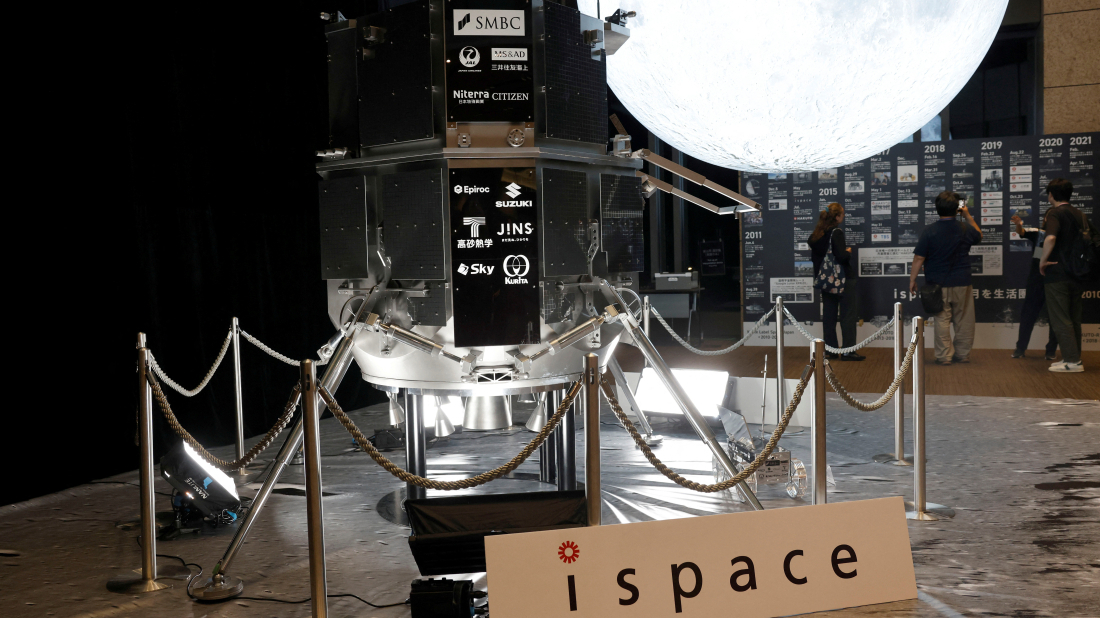
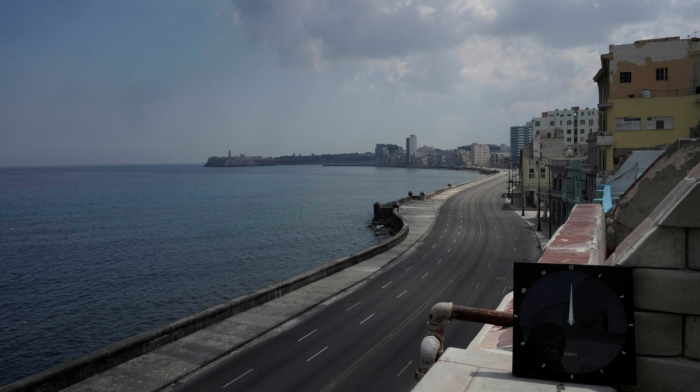
















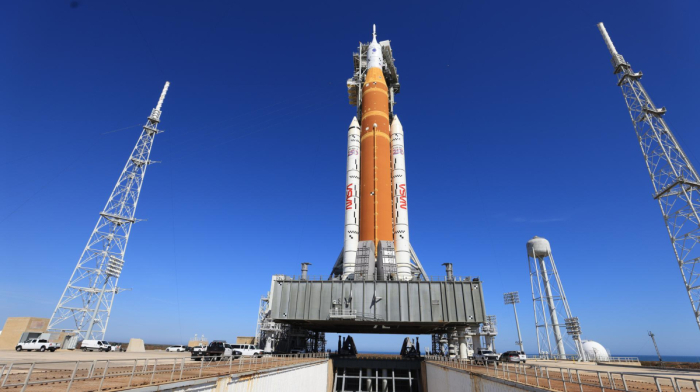
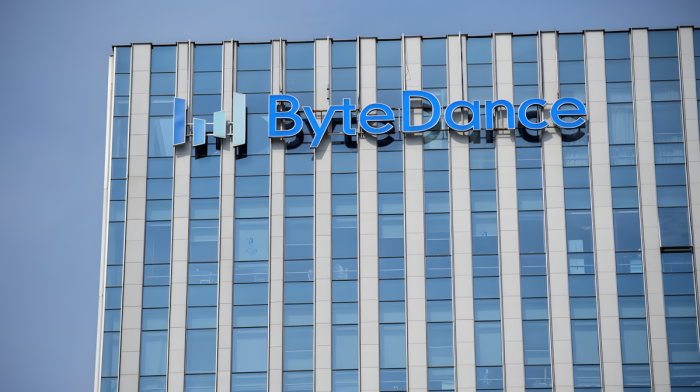
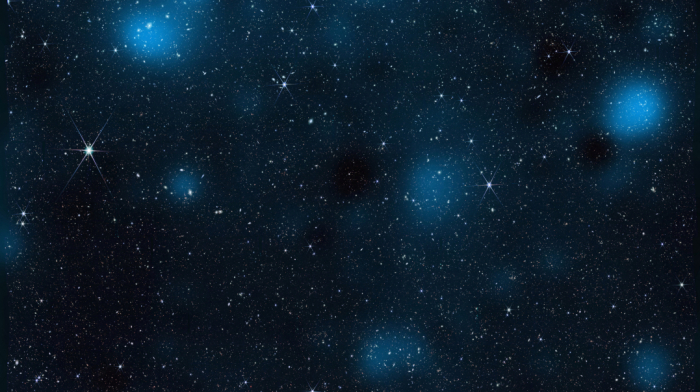



What is your opinion on this topic?
Leave the first comment